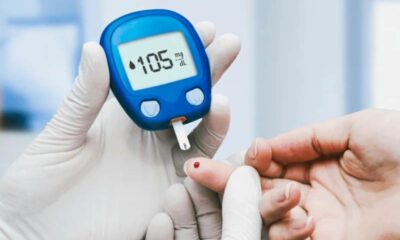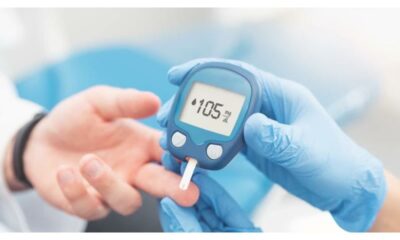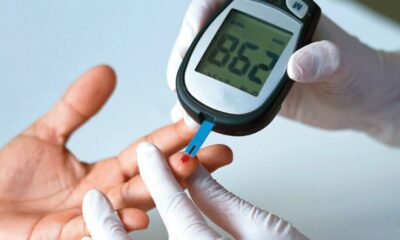Diabetology
Does Coffee Impacting Your Blood Sugar Levels?
-

 Diabetology2 weeks ago
Diabetology2 weeks agoUnderstanding Hyperglycemia: Causes, Symptoms, Prevention, and Effective Treatment
-

 Diabetology2 weeks ago
Diabetology2 weeks agoTop 15 Low Glycemic Index Foods for Better Blood Sugar Control
-

 Diabetology2 weeks ago
Diabetology2 weeks agoInnovative Diabetes Research Trends to Watch in This Year
-

 Diabetology2 weeks ago
Diabetology2 weeks agoEssential Tips for Diabetes Prevention: How to Lower Your Risk Naturally
-

 Diabetology1 week ago
Diabetology1 week agoEffective Ways to Lower Blood Sugar Naturally
-

 Diabetology2 weeks ago
Diabetology2 weeks agoComprehensive Guide to Oral Diabetes Medications: Types, Benefits, and Side Effects
-

 Diabetology6 days ago
Diabetology6 days agoHow Blood Sugar Monitoring Can Help with Prediabetes
-

 Diabetology6 days ago
Diabetology6 days agoType 2 Diabetes Prevention: Take Control Before It Starts


















